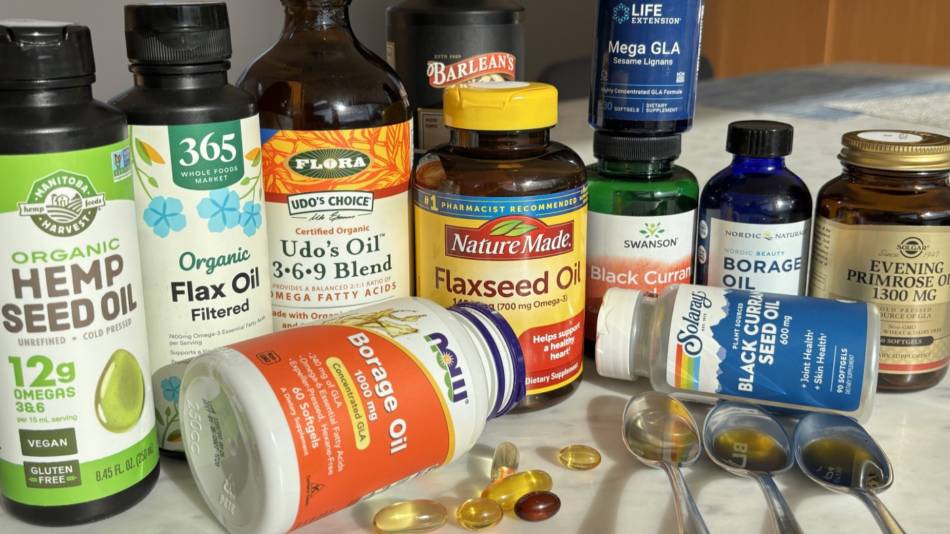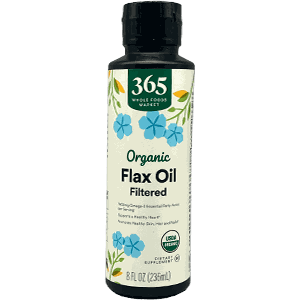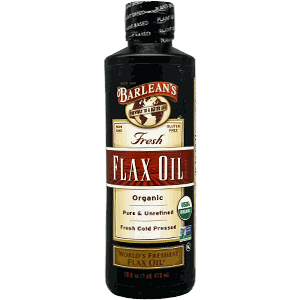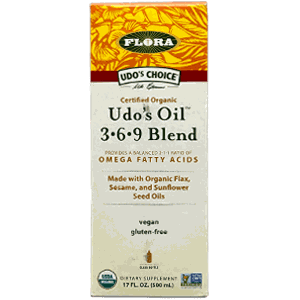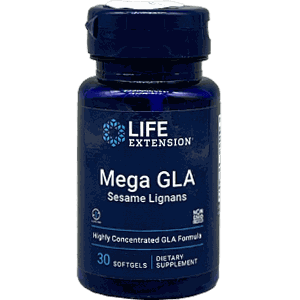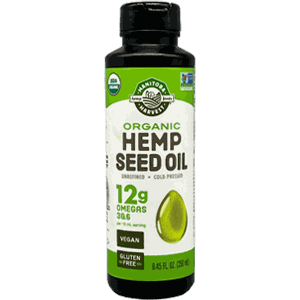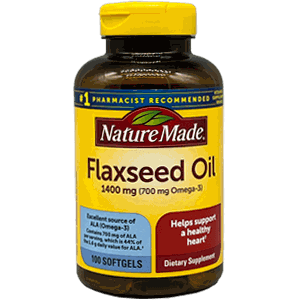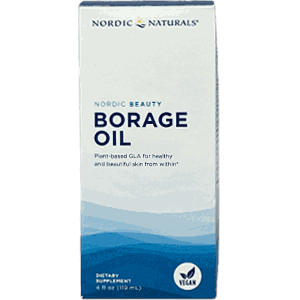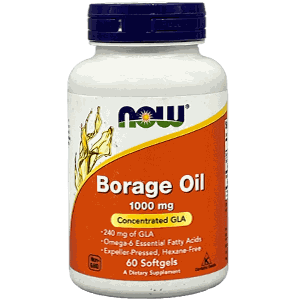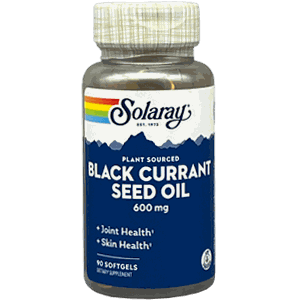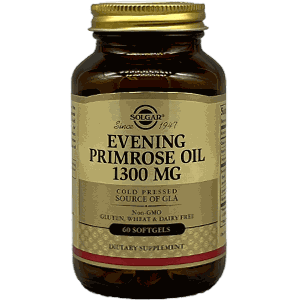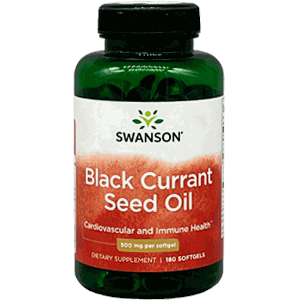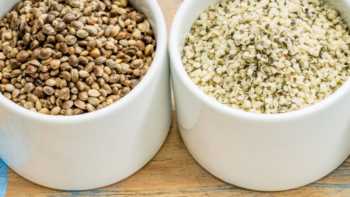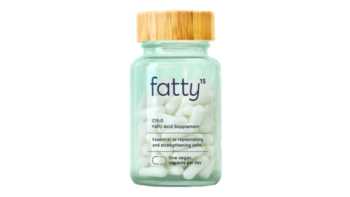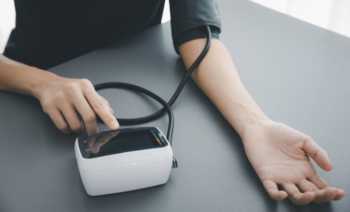Summary
-
Does it work?
These seed oils contain predominately healthful, polyunsaturated fats such as the omega-3 fatty acid ALA (as from flax) and/or the omega-6 fatty acid GLA (as from evening primrose) (see What It Is). Substituting these for saturated fats in your diet can lower your risk of cardiovascular disease. Taken as a supplement, they may help with the following conditions, although the evidence remains only preliminary: Acne, ADHD, dry eye, bipolar disorder, diabetic neuropathy, mastitis, rheumatoid arthritis, and Raynaud's phenomenon (see What It Does). Simply consuming these oils as a supplement (rather than use in preparing foods) is not associated with any general health benefits, and omega-6 fatty acids can, potentially, have an inflammatory effect (see ConsumerTips). -
What dose?
Depending on the use, studies have used daily doses of seed oils that provide from as little as 15 mg to as much as 2,000 mg of ALA or GLA (see Dosage). Keep in mind that only a part of the seed oil is ALA or GLA, so the amount of oil needed could be double or even 10 times higher than the dose of ALA or GLA. For example, about 55% of flaxseed oil is ALA, so a tablespoon of flaxseed oil (weighing about 14,000 mg) provides about 7,700 mg of ALA, while evening primrose oil is only 7% to 10% GLA (about 1,200 mg per tablespoon) (see What to Consider When Buying). -
Best choice?
ConsumerLab.com's tests found that most products were high-quality, although one failed to pass for having somewhat lower amounts of fatty acids than claimed. See CL's Top Picks among products that were Approved. -
Cautions:
Although generally safe, these oils can cause mild nausea and diarrhea, but there are ways to lessen this. Rarely, allergic reactions to flaxseed have been reported. Use these oils with caution if you are pregnant, have a seizure disorder, hemophilia, take blood-thinning medication, or are considering use in an infant (see Concerns and Cautions).
Also see our Whole and Ground Flaxseed Review.

